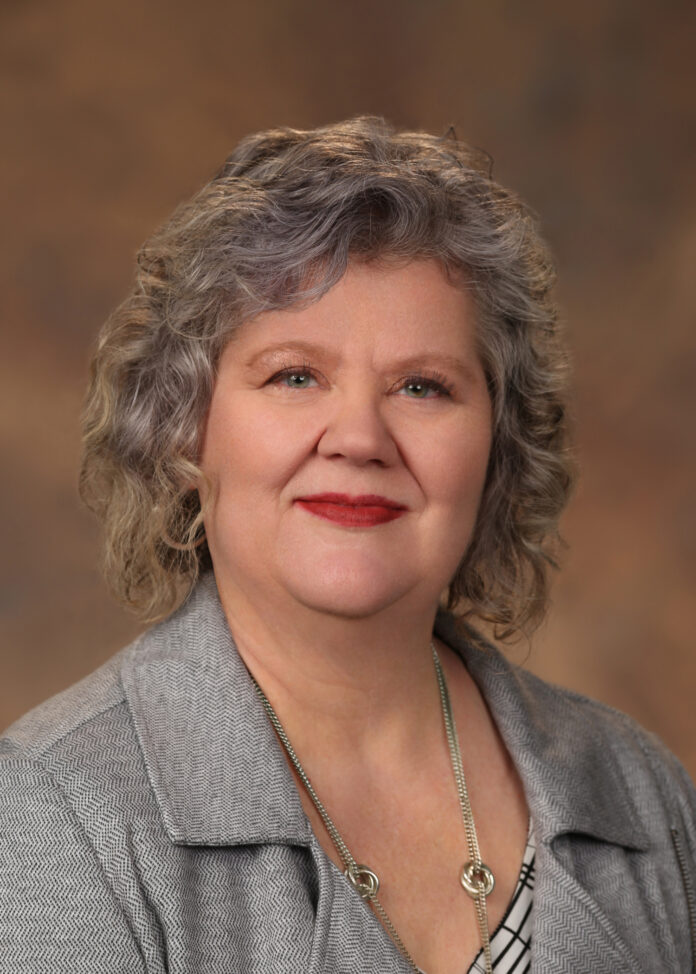
By Carol A. Cates, MSN, MBA, RN
Chief Nursing Officer
Odessa Regional Medical Center
The last couple weeks I have had the topic of end-of-life care come up more than once. First, one of my cousins, who I have been very close to most of my life, lost her battle to pancreatic cancer. Then, I went to a lecture on medical ethics, and we talked about what “do everything” means. Add to that, April 16th was Healthcare Decision Day, and April is Donate Life Month, and I just had to write about The Conversation Project and how important it is to let your family know what you want from healthcare at the end of your life if you can’t make those decisions on your own.
The Conversation Project is a program started by the Institute for Healthcare Improvement (IHI) to help people have conversations with their family, health care proxies, and their health care providers about end-of-life care, because these conversations can be difficult.
Ellen Goodman, the founder of the Conversation Project said, “the Conversation Project emphasizes having a conversation on values—what matters to you, not what’s the matter with you.”
In the medical ethics lecture I spoke of, the speaker discussed how to those of us in healthcare “do everything” means to do everything medically possible to prolong life, even if that means increasing suffering, and even it that is only for a few seconds. But for non-medical people, “do everything” is more of a spectrum from the way health care people think of “do everything” to the much less medically aggressive approach of “do everything” to alleviate suffering, even if it means possibly shortening life. Most people fall somewhere in the middle, where they want a balance of quality (lack of suffering) and quantity of life. The problem is, during a true emergency, seconds count.
If you read my column regularly, you know how often I say that early intervention matters. With heart attacks, strokes, sepsis, cancer, and so many other things too numerous to mention here, early intervention can literally mean the difference between life and death. In the case of something like a sudden cardiac arrest, that early intervention comes down to seconds.
Unfortunately, that means that if someone has a cardiac arrest, medical professionals don’t have the time to ask what a person wants done. Because if they do, they have lost those few seconds that can be the difference between life and death. If a person has established what they want before the event, health care providers can make decisions in those seconds that correspond with those desires. That reason is just one of why its so important to have end-of-life discussions with your loved ones and to appoint a healthcare proxy, also known as a durable power of attorney for health care.
The other reason that its to important to have end-of-life discussions before the time comes, is because often people as they near the end don’t have a sudden event, but they do have an event where they cannot make or express their wishes. It could be because of things like medications, life support devices, comas, or altered mental status. In those cases, health care providers will ask family or health care proxies to make the decisions about end-of-life care. I can honestly say, I am so grateful that my mother before she passed away had those discussions with my dad, brothers, and me. We didn’t have to make those decisions for her, she made them for herself. The cousin I lost at the end of March did the same for her spouse. In my job, I have seen so many people agonize over end-of-life decisions, because they have never had those conversations with their loved ones. Those conversations are not easy, but it takes such a burden off your loved ones if you do have them.
The IHI’s Conversation Project website has a huge number of resources available including a conversation starter guide which helps people think about what matters to them, how to plan conversations and to talk to loved ones, and how to follow up on those conversations. It has resources on choosing and then establishing the legal documentation necessary for a health care proxy (durable power of attorney for healthcare). It even has resources for including faith practices into end-of-life decisions. That website is theconversationproject.org. Your primary health care provider can also help you with resources for end-of-life decisions. Finally, don’t forget to include your wishes regarding organ and tissue donation with your loved ones so they can honor your wishes in that area as well.



